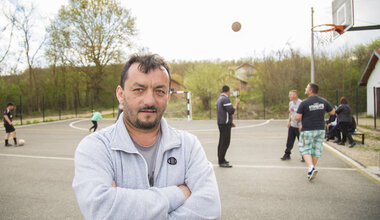37 Civil Society Organisations from across Kosovo communities launch the third Annual Human Rights Report with UNMIK support
Supported by UNMIK and the Office of the UN High Commissioner for Human Rights (OHCHR), 37 key human rights Civil Society Organizations (CSOs) launched a report on the human rights situation in the context of the COVID-19 pandemic in Kosovo on 11 May 2022.
Compared to last year’s report, the new report entitled ‘Civil Society Report on the Human Rights in Kosovo in 2021’ brought together an increased number of CSO representatives from different ethnic backgrounds. The report also included a chapter dedicated to the right to life, which provided an analysis of the human rights situation in Kosovo in 2021 and the main issues and challenges in this regard. It also included the evolving implications of the COVID-19 pandemic and related containment measures.

"It is important to see this report as the beginning of a process of consultation between civil society and government institutions on human rights," said Mr. Jerome Bouyjou, chief of the UNMIK Human Rights Office (HRO) and Representative of the High Commissioner for Human Rights in Kosovo during the event to launch this report. He also underscored in his remarks that the report is a comprehensive document on the human rights situation in Kosovo.
Marigona Shabiu of the Youth Initiative for Human Rights (YIHR), a member of the Human Rights Network and contributor to the report added: “In addition to further advancing the cooperation and coordination of CSOs, this report continues to fill a critical gap by providing joint human rights monitoring and reporting in Kosovo, both locally and internationally.”
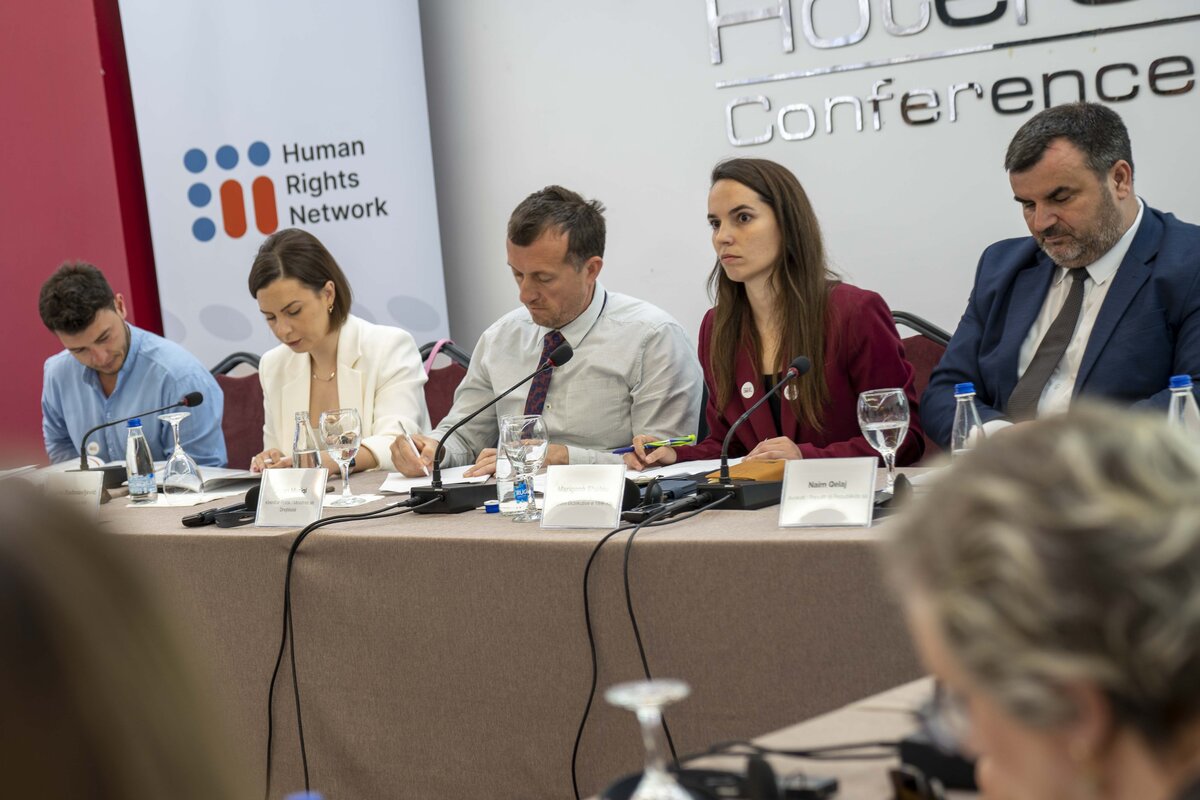
In attendance at the launch were the Ombudsperson, Mr. Naim Qelaj, representatives of UNMIK and OHCHR, the Ministry of Justice, the Constitutional Court, the EUSR, the OSCE, EULEX, and UN agencies as well as CSOs that contributed to the report.
Ombudsperson Mr. Qelaj welcomed the report highlighting that it reflects the voices of those who are vulnerable or have had their human rights violated.
“I always think that the difference exists here because the vast majority of reports come as a result of findings from information obtained from institutions, either through statistics or through direct contact, and it is very important to have a report that in addition to contact with institutions also has contact with the people,” the Ombudsperson said.
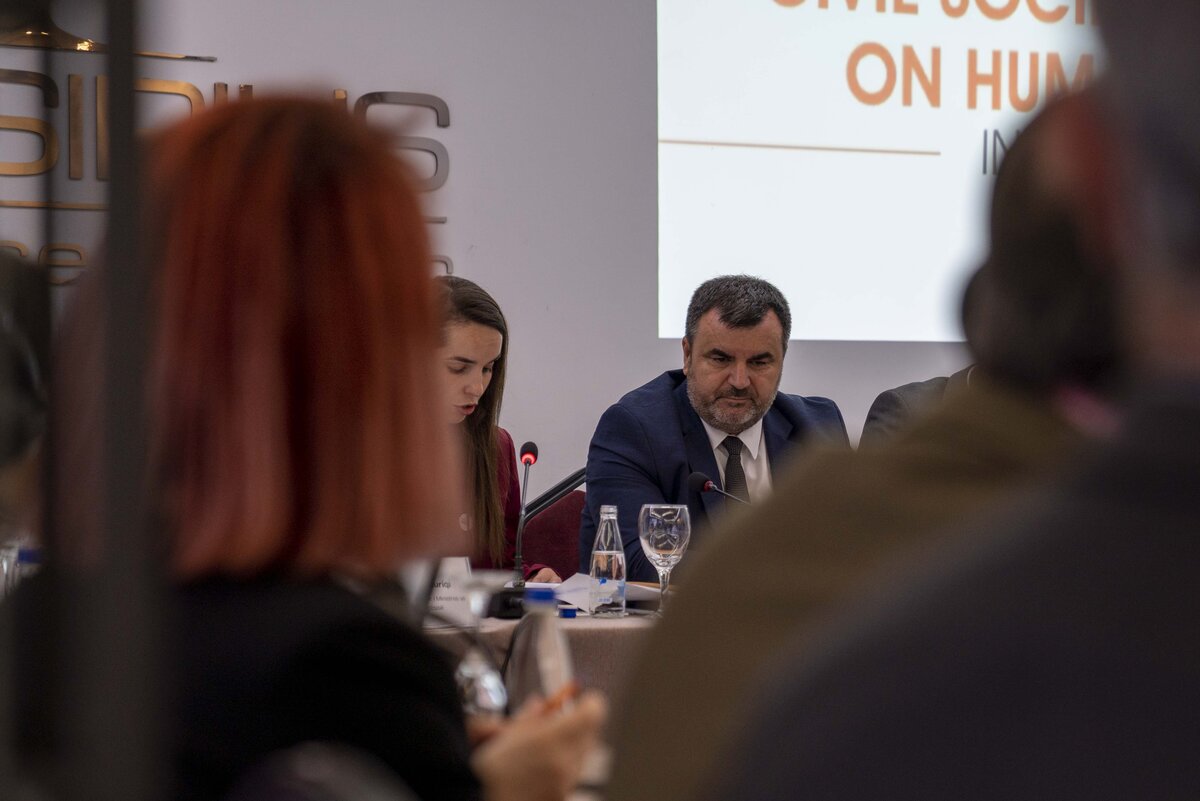
Mr. Qelaj also underlined a number of the report’s findings, such as the rise in the number of murdered victims of domestic violence , and the linkages between corruption and human rights.
The report also assesses and provides 113 recommendations to Kosovo institutions on a wide range of civil and political rights; economic, social, and cultural rights; human rights issues relating to specific groups and persons in vulnerable situations; and intersecting human rights topics, namely, corruption, transitional justice, and the environment.
Jovana Radosavljević of the NGO New Social Initiative – one of the NGOs that worked on the report – said, "We shall not stop only with this report because we are proving that Kosovo civil society should be a very good partner of our institutions and bodies in Kosovo.”
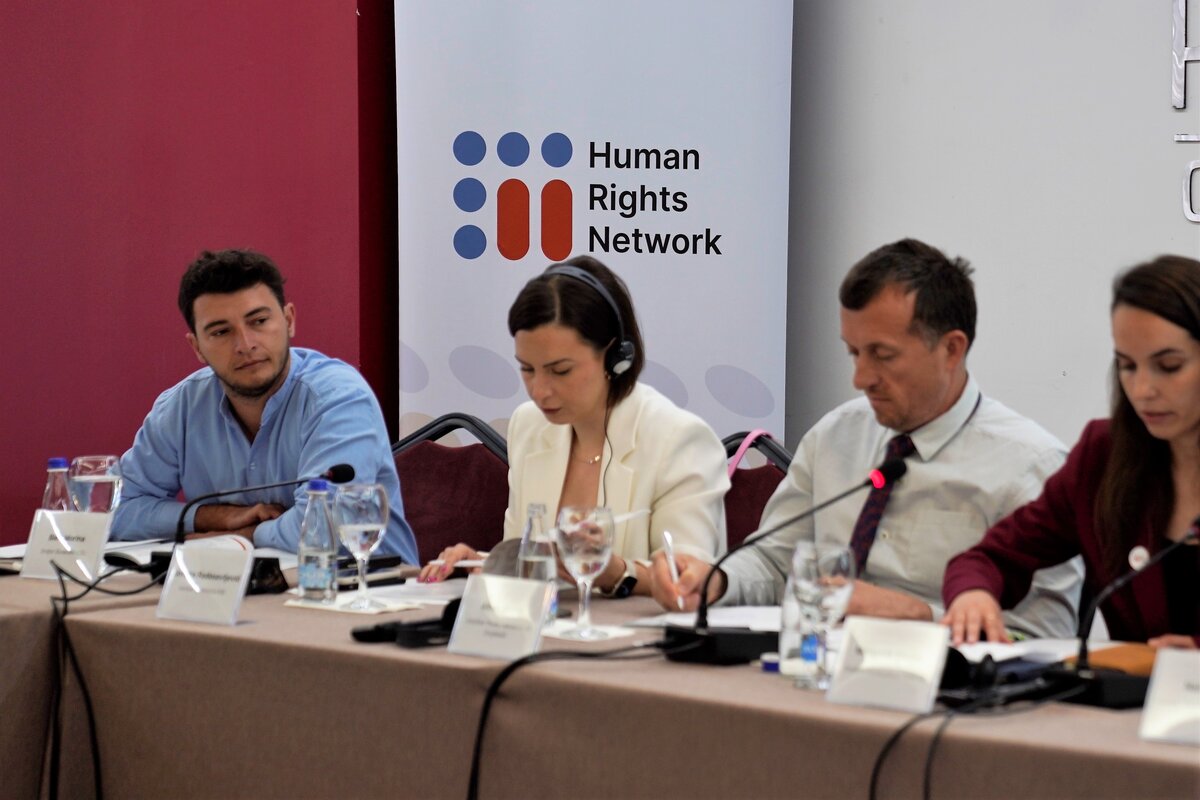
Impressing upon the challenges of the K-Roma, K-Ashkali and K-Egyptian communities, Senad Ibishi, of the NGO VORAE (Voice of Roma, Ashkali and Egyptians) added that “I feel obliged to share that K-Roma, K-Ashkali and K-Egyptians communities still continue to be challenged and face various problems with social exclusion, discrimination of both the people and institutions."
Activist Mimoza Gavrani, whose advocacy work will be informed by the report, also said that she is keen to see the implementation of legislation shaped by its recommendations regarding the K-Roma, K-Ashkali and K-Egyptian communities. "It is obvious that the report as such, brings to another level reporting on many relevant topics which mainly affect the domain of human rights, including education, health,” said Gavrani.
The report is supported by the UNMIK Human Rights Office project “Building the capacities of human rights CSOs and enhancing human rights education”.
You can read the full report on the following links:
English: https://t.co/vcXY6nLYp1
Albanian: https://t.co/VGtHX92d9e
Serbian: https://t.co/6buzzESTIG
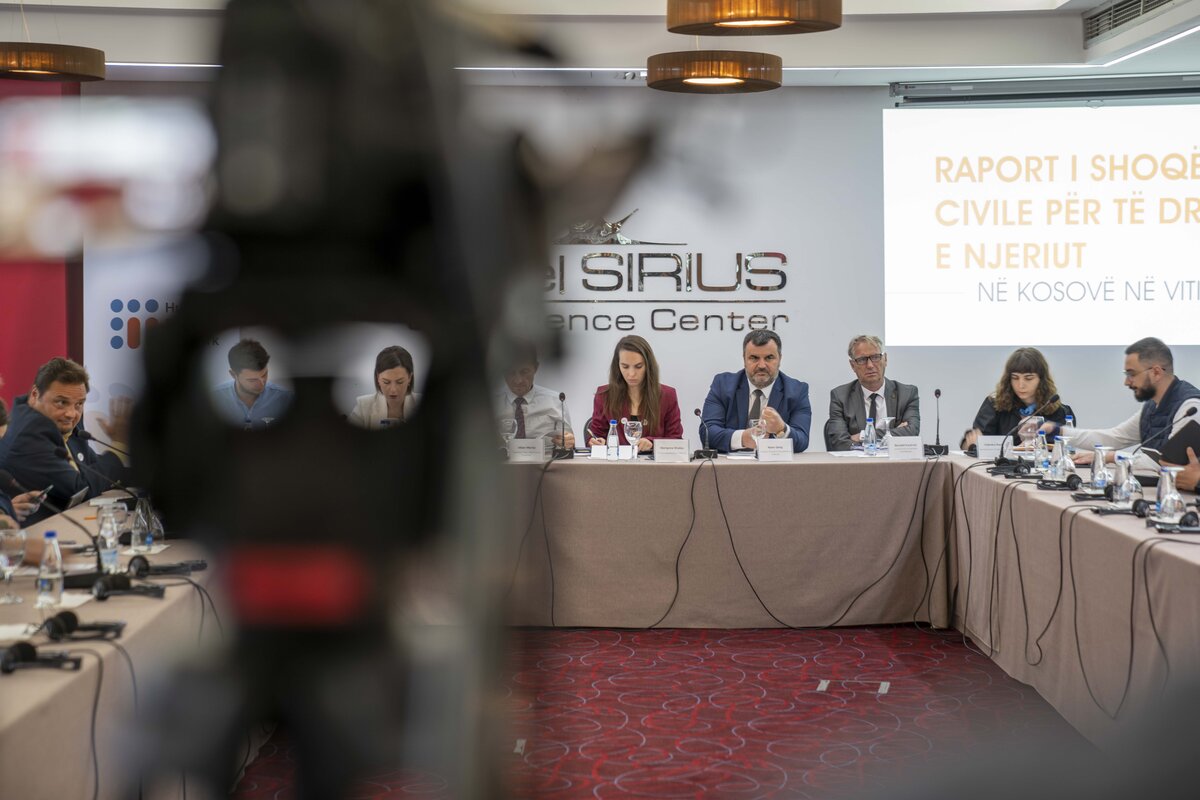
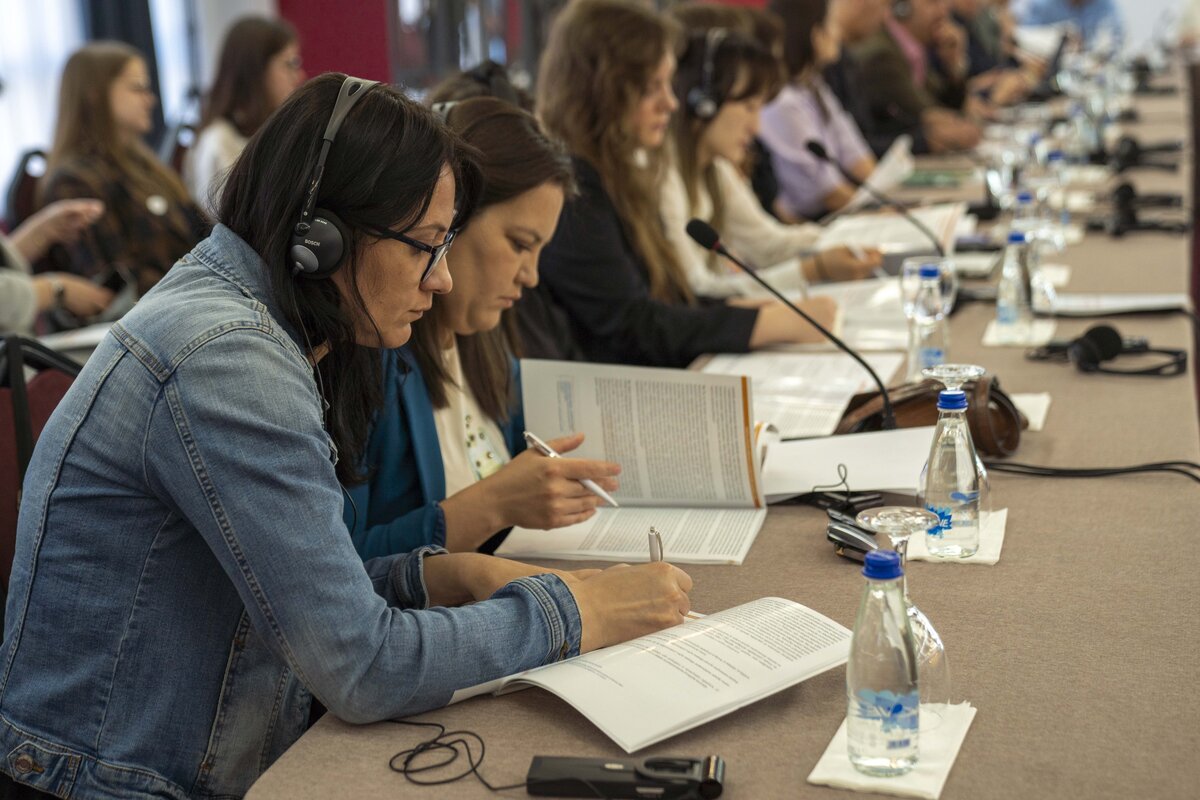
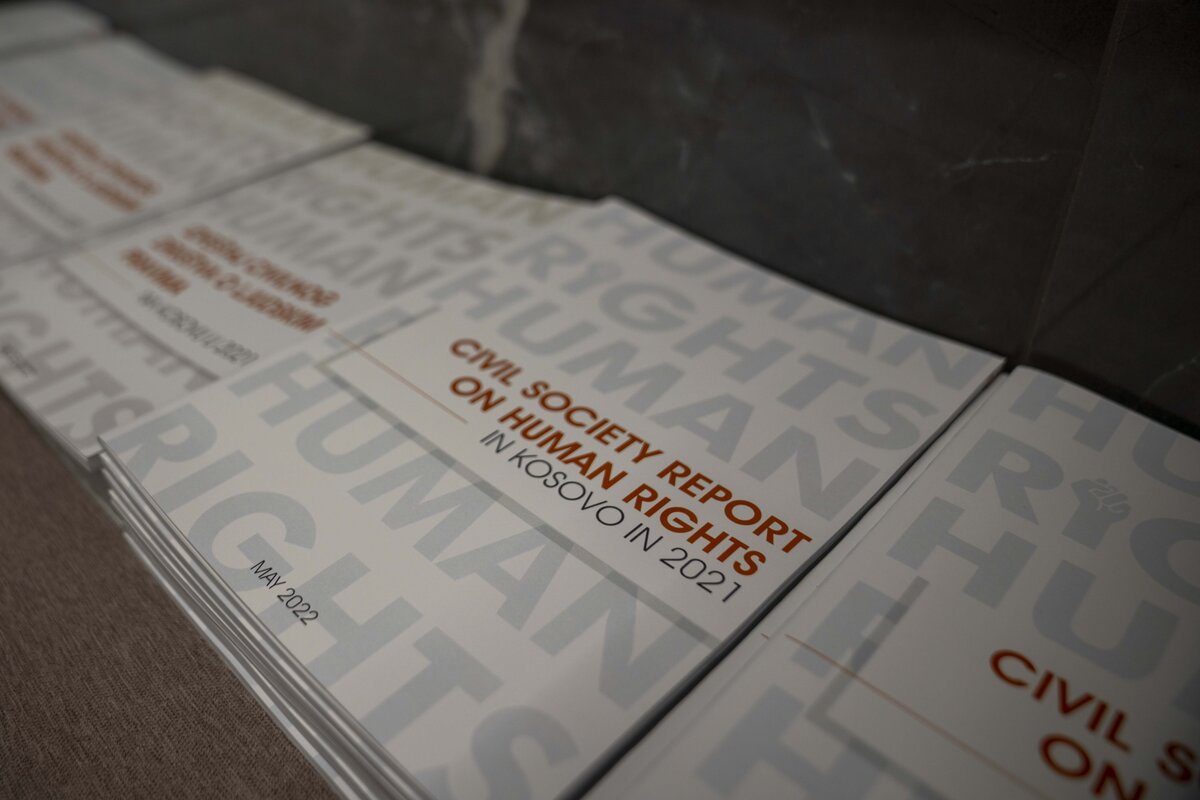
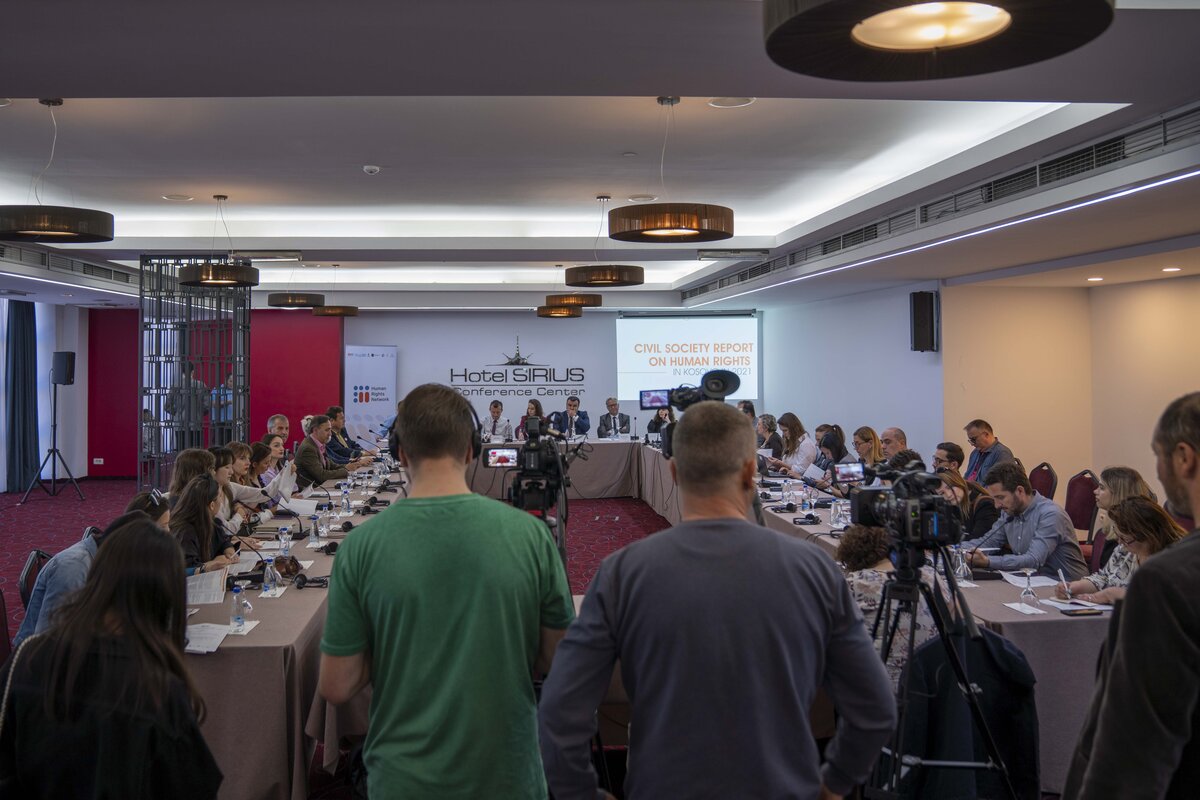
 UN
UN Ujedinjene Nacije Mirovne Misije
Ujedinjene Nacije Mirovne Misije




